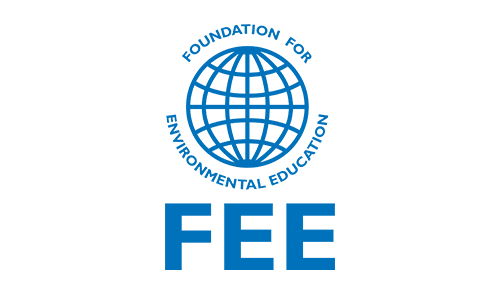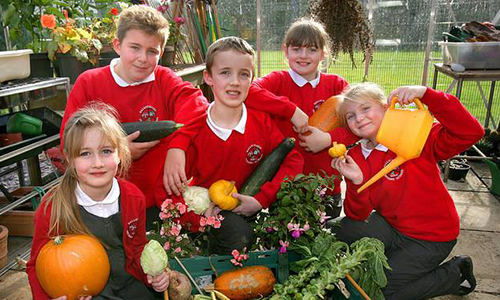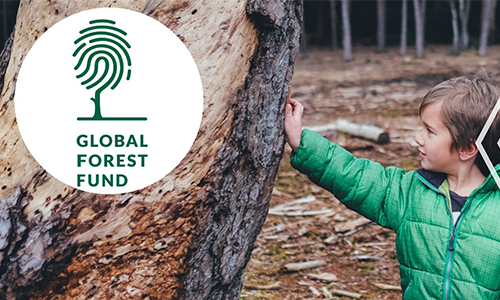Relations with Inter-Governmental Organizations
Member of:
B-XB2745 – World Tourism Organization (UNWTO).
Cooperates with:
Links with: E-XE2442 – European Commission (EC); B-XB3383 – UNESCO.
Relations with Non-Governmental Organizations
Links with:
E-XD2856 – Coastal and Marine Union – EUCC; G-XN2384 – Cousteau Society;
C-XC1873 – Fédération Internationale de Camping, Caravanning et Autocaravaning (FICC);
C-XD1747 – International Council of Marine Industry Associations (ICOMIA);
H-XD4246 – International Federation of Environmental Journalists (IFEJ);
G-XG6731 – International Institute for Industrial Environmental Economics (IIIEE);
E-XE2466 – International Life Saving Federation of Europe (ILSE);
A-XA2654 – International Union for Conservation of Nature and Natural Resources (IUCN).
Members
● National organizations in 76 countries and territories:
Member Countries & Regions
United Arab Emirates, Australia, Belgium, Bulgaria, Bermuda, Brazil, Bahamas, Canada, Switzerland, China, Colombia, Cyprus, Czech Rep, Germany, Denmark, Dominican Rep,
Estonia, Spain, Finland, France, Ghana, Greece, Croatia, Ireland, Israel, India, Iran Islamic Rep, Iceland, Italy, Jordan, Japan, Kenya, Comoros, Korea Rep, Kazakhstan, Lithuania,
Latvia, Morocco, Montenegro, Madagascar, Macedonia, Mongolia, Malta, Mauritius, Mexico, Malaysia, Netherlands, Norway, New Zealand, Poland, Puerto Rico, Portugal, Qatar,
Romania, Serbia, Russia, Sweden, Singapore, Slovenia, Slovakia, St Maarten, Thailand, Tunisia, Turkey, Trinidad-Tobago, Tanzania UR, Ukraine, Uganda, USA, Virgin Is USA, South
Africa, Tanganyika and Zanzibar, Scotland, Wales, England, Northern Ireland
● Honorary and Affiliate in 15 countries and territories:
Member Countries & Regions
United Arab Emirates, Belgium, Colombia, Germany, Denmark, Estonia, Finland, Latvia, Montenegro, Netherlands, Norway, Sweden, Trinidad-Tobago, Virgin Is USA, Northern Ireland
Members also in Indian Ocean States, not specified.






